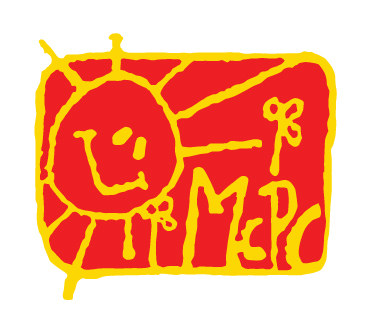Our Anti-Bias Principles in Practice
You may have seen on our Diversity page that our curriculum stems from anti-bias principles of education. But what does this mean on a daily basis for the children at MCPC? For us as parents? See below interview with Teacher Jolie about where these principles come from and what it looks like for us to put them into practice.
“As our Diversity page states, we draw on the work of Louise Derman-Sparks, Julie Olsen Edwards, and Catherine M Goins in their book Anti-Bias Education for Young Children and Ourselves, Second Edition on anti-bias in early childhood education. The basic tenets are identity, diversity, justice, and activism -- or, in simple and age-appropriate terms, “I’m OK” (identity), “You’re OK” (diversity), “That’s not OK” (justice), “OK, let’s do something” (activism). These are topics that we bring up with kids both in a specific way, but also emergently when relevant issues arise. They are topics in various ways that are merged into our curriculum throughout the year.
"I'm Okay"- Early in the school year we talk to the children individually and in groups about elements of their identity. We talk about skin shade, gender, family structure, and physical differences.
"You're Okay"- We build on those conversations to talk about similarities and differences between people -- how some people look different from others but feel the same. We regularly talk about similarities and differences in holidays, in language, in country-specific customs. We rely on experiences shared by parents and books to keep different voices in the mix.
"That's Not Okay"- We talk about issues of fairness and unfairness. Often these come up organically in the course of our play-days, and we build upon them in circles. Often we can use puppets help to generalize the issues in ways that children can see.
"Okay, Let's Do Something"- This one is trickier, as it is difficult to amplify children's activism without imposing adult agendas. That said, we do talk with the children about activists and changemakers in the world. And we work to support any activist ideas the children bring up. “
As parents we do our best to translate real world concepts around systemic injustice in appropriate and relatable ways for our children which often means a commitment to first educate ourselves and then make time for these important conversations with our kids.
If you'd like to take a deeper dive, check out the film Reflecting on Anti-bias Education in Action: The Early Years by Debbie LeeKeenan, John Nimmo, and Filiz Efe McKinney.

